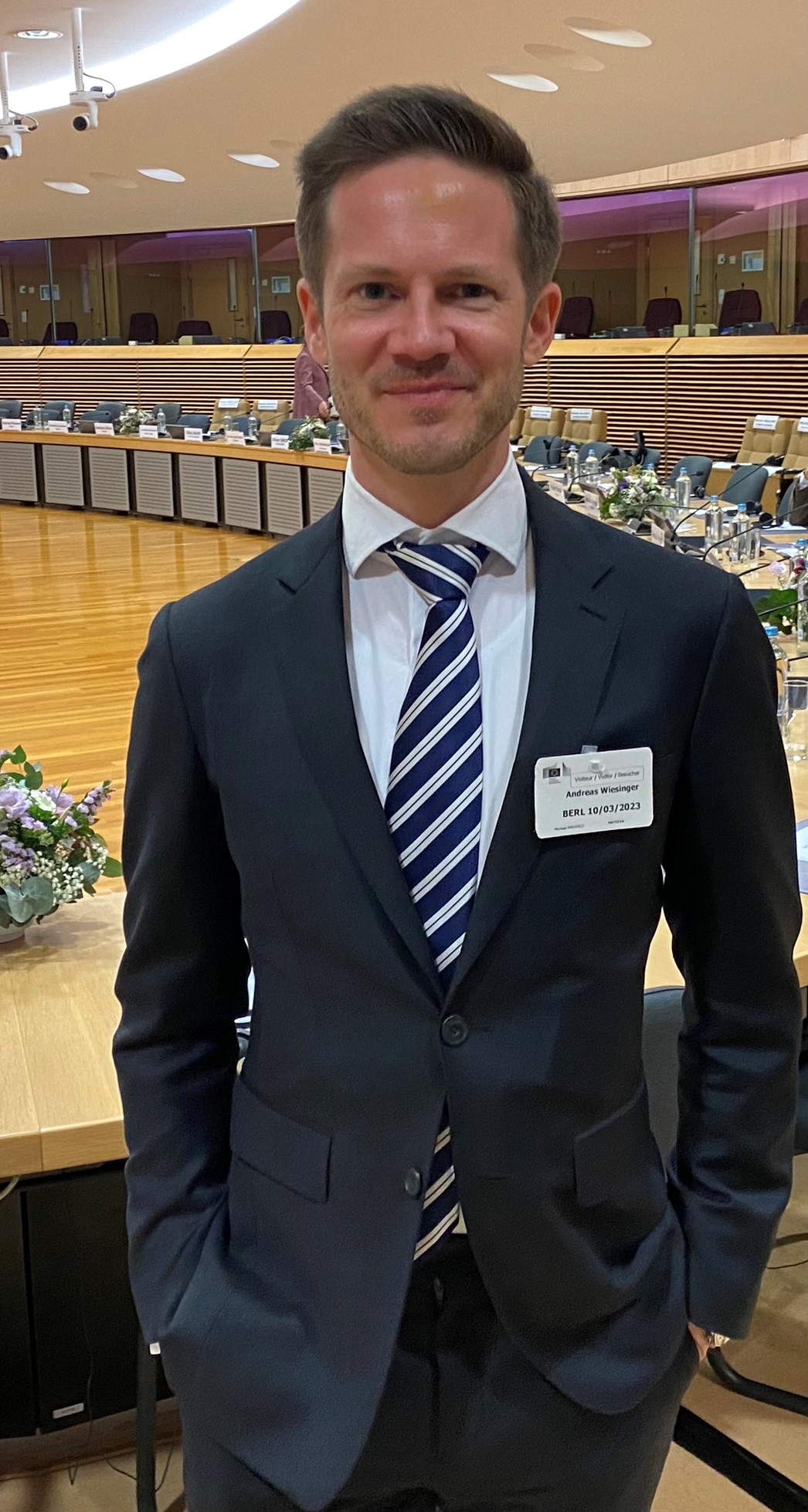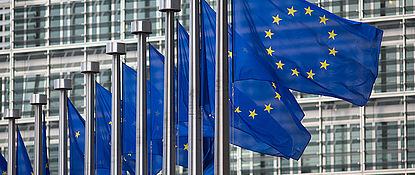Lecturers
-
Dewa Gede Sidan Raeskyesa, M.Sc
Dewa Gede Sidan Raeskyesa, M.Sc
Institute for International Political Economy, WU Vienna University of Economics and Business
I am a researcher specializing in the political economy of foreign direct investment (FDI) policies and socioeconomic development, with a regional focus on Southeast Asia. I hold a postgraduate degree in International Economics from Johannes Gutenberg University Mainz and have completed advanced training in economic policy from the Kiel Institute for the World Economy in Germany. Currently, I work as a doctoral researcher at the Institute for International Political Economy in WU Wien and serve as a research fellow at the Central European Institute for Asian Studies in Austria. I am also an experienced FDI consultant and co-founder of the Nusantara Research Institute for Globalization and Sustainable Innovation (NRI), a think tank based in Indonesia.
As part of Module 3 (Europe in the Age of Globalisation), I teach the master’s course "KU Selected Topics and Current Developments in European Economic Policy", which examines the determinants of EU socioeconomic and industrial policies through the lens of political economy theories and policy analysis frameworks. The course invites students to reflect critically on what drives the EU policies and its global implications, especially in relation to Southeast Asia.
My goal in teaching this course is to deepen students’ understanding of the global ripple effects of EU policymaking. In an era of growing interdependence and uncertainty, I believe in fostering dialogue and empathy to encourage more inclusive and cooperative globalization.
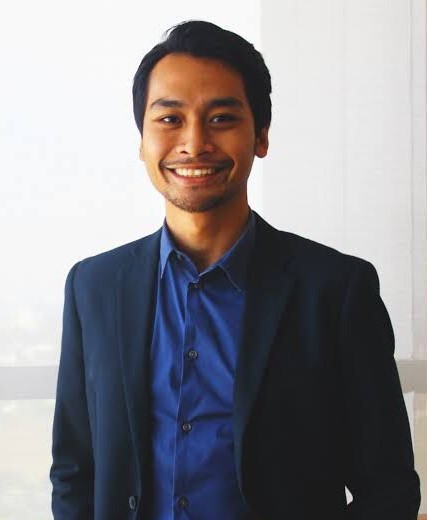
-
Univ.-Doz. Mag. Dr. Georg Cavallar
Univ.-Doz. Mag. Dr. Georg Cavallar
Department of Philosophy, University of Vienna"I am a trained historian with a strong interest in philosophy, especially in philosophical aspects of international legal theory, the European Enlightenment, and modernity. I sometimes teach courses (master level) at the department of philosophy, usually for future teachers (e.g. „Fachdidaktische Begleitung der Praxisphase“). In my course "Plans for European Unification and their Historical Contexts before 1945" you can expect an emphasis on cultural, intellectual, and political history as it relates to plans for European unification. I look forward to teaching in the master program because I notice that grad students often lack a basic knowledge of European history. It is my firm conviction, however, that this knowledge is essential to understand the present.”
-
Mag. W. Lisa Chi
"My academic background is in philosophy and law. In my research I focus on the topic of autonomy and issues within the field of legal gender and queer studies. I teach EU Anti-Discrimination Law at the master program. In my course, we will discuss the main sources and basic concepts of EU Anti-Discrimination Law. We will also delve into some related questions within legal philosophy, such as law’s relation to autonomy and equal freedom. I look forward to teaching in the master program because I find the topic of Anti-Discrimination Law very important and because I really enjoy sharing spaces of conversation with others. In current discussions about Europe, I hope we remain humble about the fact that the legal frameworks of fundamental rights which are applicable in Europe depend on choices to be rendered effective."
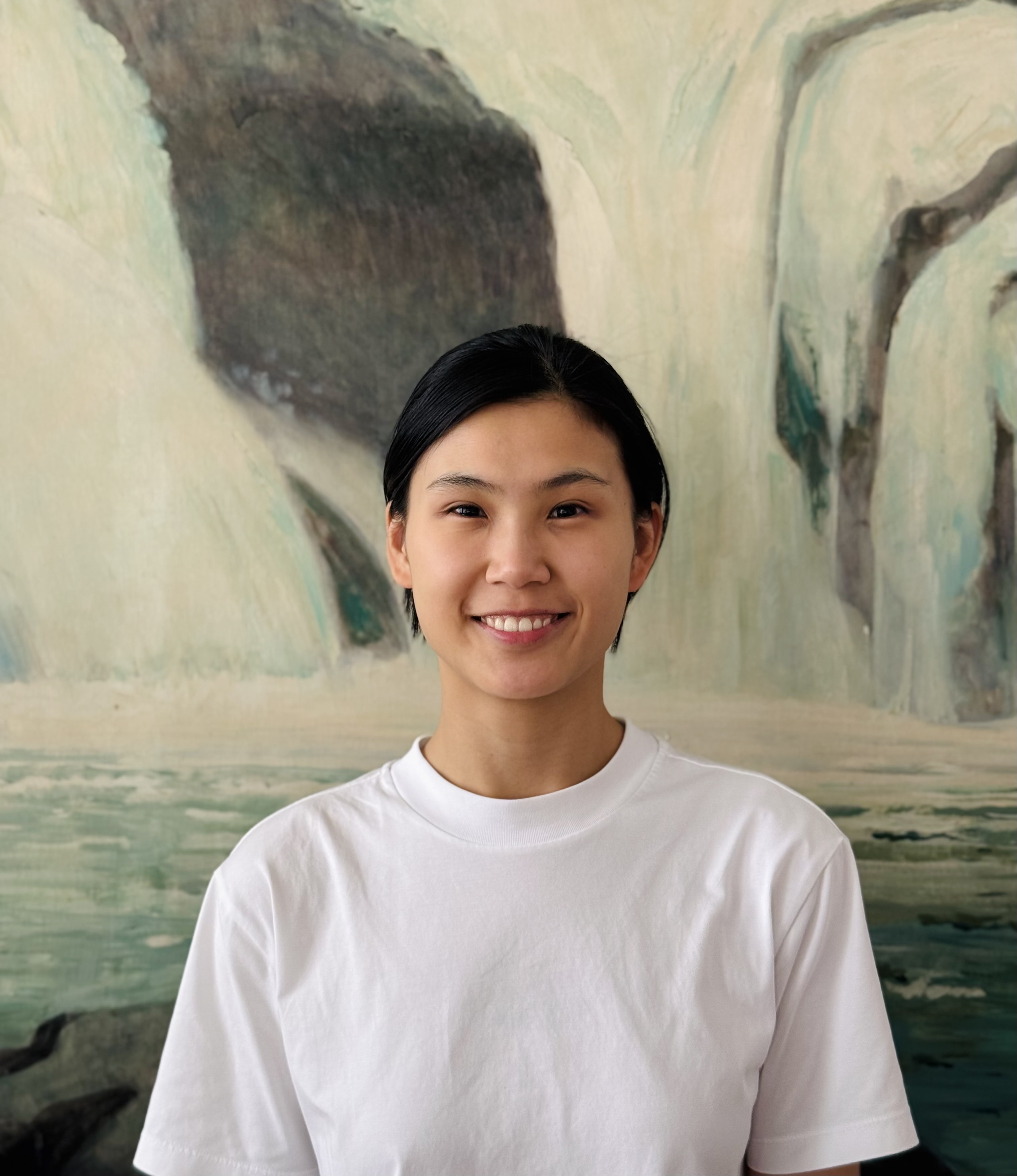
-
Mag. Marcus Delacor, M.E.S.
Mag. Marcus Delacor, M.E.S.
euphorum"My academic/ professional background is the EU integration process. First, I graduated from the Leibniz-University of Hannover (Germany) – MA Political Sciences, Sociology and Social Psychology. Secondly, I got deeply in touch with the European Union and its integration process by a postgraduate Master in European Studies at the Europa-Kolleg of the University of Hamburg. Since that moment, there are three professional pillars: a) Preparing the public administration in EU accession countries for the EU accession – b) strengthening the Europeanisation process in Germany and training German federal civil servants to better negotiate in the Council of the EU – and c) supporting persons who would like to shape Europe and become an EU official / civil servant. I teach “How to pass EPSO selection tests” in the course “EU career perspectives” at the master program. In my course you can expect to win a deep insight into the procedures how the EU selects its personnel and how to successfully pass different tests. I look forward to teach in the master program because it is a joy to work with open-minded students who already look for ideas how to prepare and plan their professional live after the studies. In current discussions/ analyses about Europe it is important to look at the drivers of the integration process, motivated, skilled, talented and bright persons."
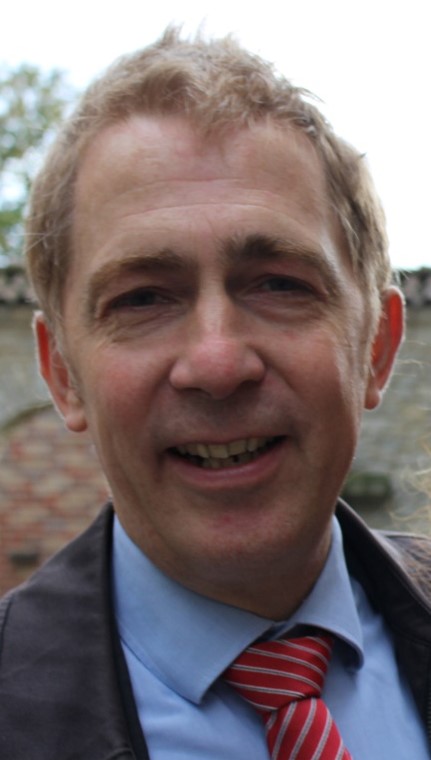
-
ao. Univ.-Prof. Mag. Dr. Siegfried Fina
ao. Univ.-Prof. Mag. Dr. Siegfried Fina
Department of Commercial and Business Law, University of Vienna"I am a Jean Monnet Professor of European Union Law and Associate Professor of European Union Law and Technology Law at the University of Vienna and a permanent Visiting Professor of Law at Stanford Law School, California. In the European Studies master program, I will teach the course "Introduction to EU Law". In this course, I will introduce you to the internationally unique legal system of the European Union and its relationship to the national law of the Member States as well as to the legal framework of the European Internal Market, which is based on four fundamental economic freedoms for goods, services, persons, and capital."
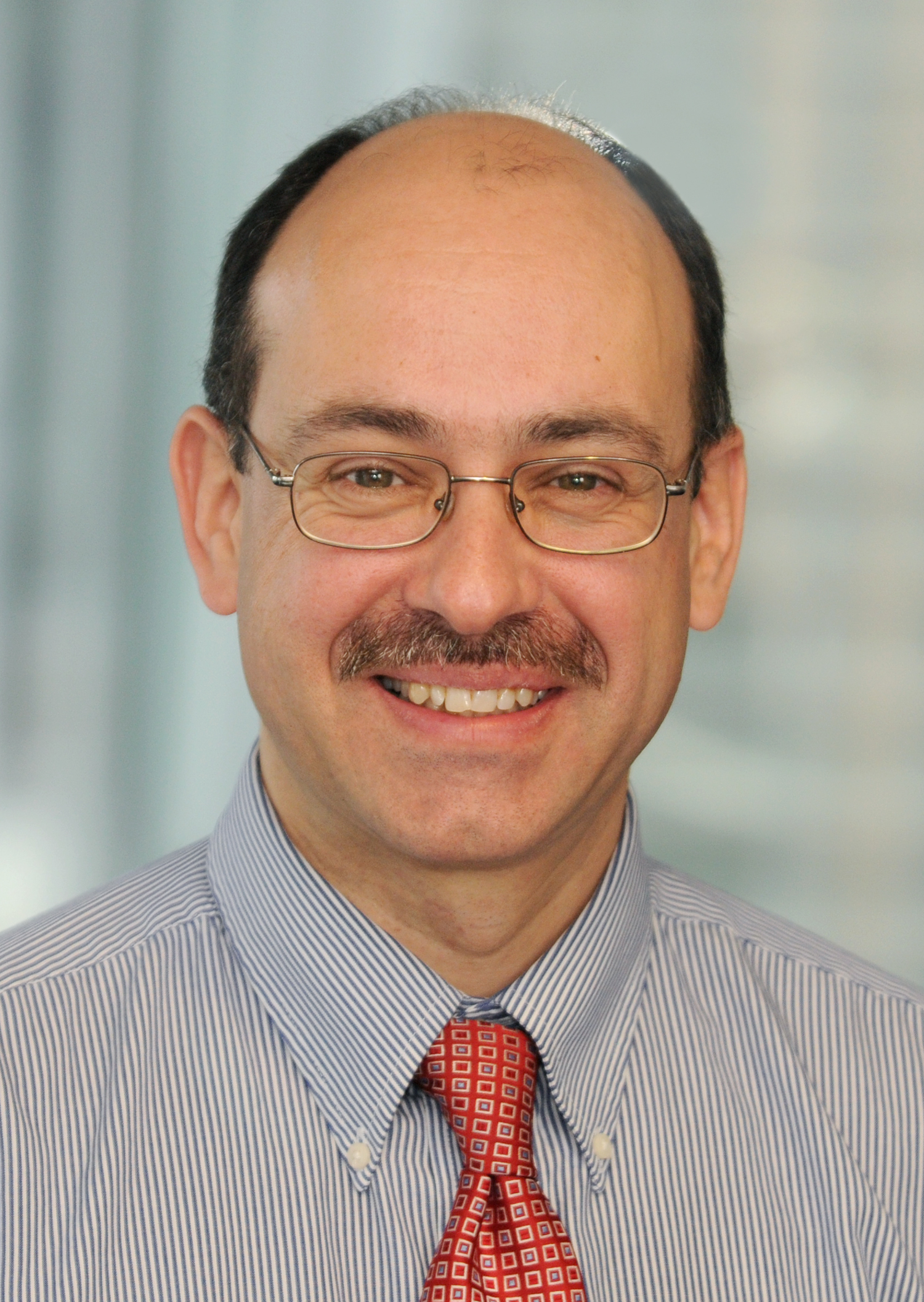
-
MMag. Dr.iur. Ralph Janik, LL.M.
MMag. Dr.iur. Ralph Janik, LL.M.
Department of European, International and Comparative Law, University of Vienna
Department of Business Law, University of Vienna"My academic/professional background is International and EU Law with a focus on war and economic relations. I teach "Legal Aspects of the Globalization of World Trade - European and Universal Institutions" and "EU Legislation" at the master program. In my courses you can expect an introduction into the legal framework of international trade and the inner workings of the European Union: From the WTO all the way to the World Bank, the IMF and the common market. I look forward to teaching in the master program because I equally benefit from exchange with students from all sorts of cultural and academic backgrounds! In current discussions/ analyses about Europe it is important to understand that, while it might not be a military superpower, it is an economic one."

© Elisabeth Pfneisl -
Mag. Dr.iur. Lioba Kasper
Mag. Dr.iur. Lioba Kasper
Lawyer's office Schmaus"My academic/ professional background is in human rights law with a focus on asylum and migration law. I teach ‘Human Rights in Europe’ and cover individual units within the seminar ‘Migration: Boundaries, Borders, Barriers’ at the master program. In my courses you can expect an introduction to the relevant human rights regimes in Europe. We will focus on the practical implementation and significance of human rights, as it is a fundamental and significant issue that impacts the rights and freedoms of individuals worldwide. I look forward to teaching in the master program because the diverse academic and professional backgrounds of the students always contribute to stimulating discussions and bring forth valuable perspectives. In current discussions/ analyses about Europe it is important to recognize that from a historical perspective, the questioning of fundamental and human rights ultimately affects everyone."
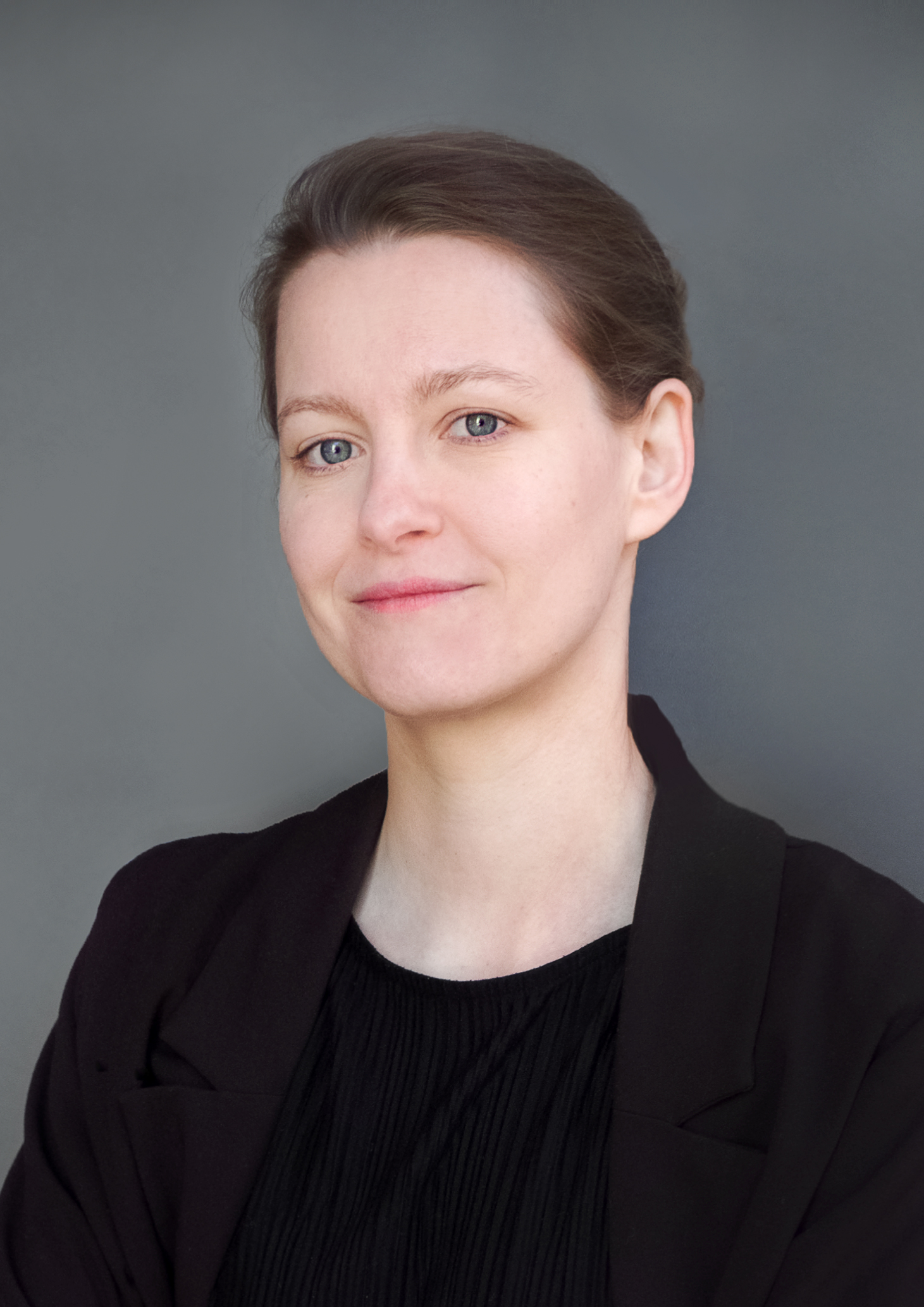
©️Kati Göttfried -
Mag. Käthe Knittler
Mag. Käthe Knittler
-
Mag. Dr. Karin Liebhart, Privatdoz.
Mag. Dr. Karin Liebhart, Privatdoz.
Department of Political Science University of Vienna
Department of Contemporary History, University of Vienna -
Univ.-Prof. Mag. Dr. Wolfgang Mueller
Univ.-Prof. Mag. Dr. Wolfgang Mueller
Department of East European History, University of Vienna"In my studies at the University of Vienna and research stays at the Russian Academy of Sciences and at Stanford University, I focused on Contemporary History, International History and the History of Russia and the Soviet Union. After more than a decade of research at the Austrian Academy of Sciences and of teaching i.a. at the universities of Bern, Nice and Torun, I was appointed Professor of Russian History at the Institute of East European History at the University of Vienna. My research focuses on the foreign policy of Russia and the Soviet Union in the 19th-21st century, International Relations (especially the Cold War) and the History of Political Thought and Perceptions. In the master program "European Studies" I teach "European Integration since 1945" and "International Relations after 1945". The courses on International Relations provide an introduction to theoretical approaches and then focus on the two big issues between the end of the Second World War and 1989/91: the Cold War and Decolonization. The International Relations after 1991 will be discussed on the basis of central events, analytical approaches and current topics which span from security policy to migration, development, environmentalism to international terrorism. Especially in the course “International Relations after 1945 Part II” students get a say in the thematic focus areas. The course "European Integration since 1945" starts with wartime plans and the predecessors of the EU, like the OEEC, NATO, the ECSC and the Council of Europe. Special attention will be given to questions of crisis and reform, consolidation and enlargement, and acceptance of new member states to NATO and the EU after 1991. It is my goal to offer a solid understanding of historic and current international factors, processes and decision-making-mechanisms in a time of random disinformation and information. I hope students receive a refreshment of basic orientational knowledge, interesting details as well as an interest for new topics. My seminar further offers an opportunity to develop competences for individual research, reading and discussion. In current discussions / analyses about Europe it is important to realize that history is never completed and the conditions in which we live are in flux. Especially the engagement with the international situation shows the open-endedness of historic processes and the risks that our world is exposed to. Decisions and non-decisions of today determine our future. We should therefore reflect in which Europe we and our children will want to live."
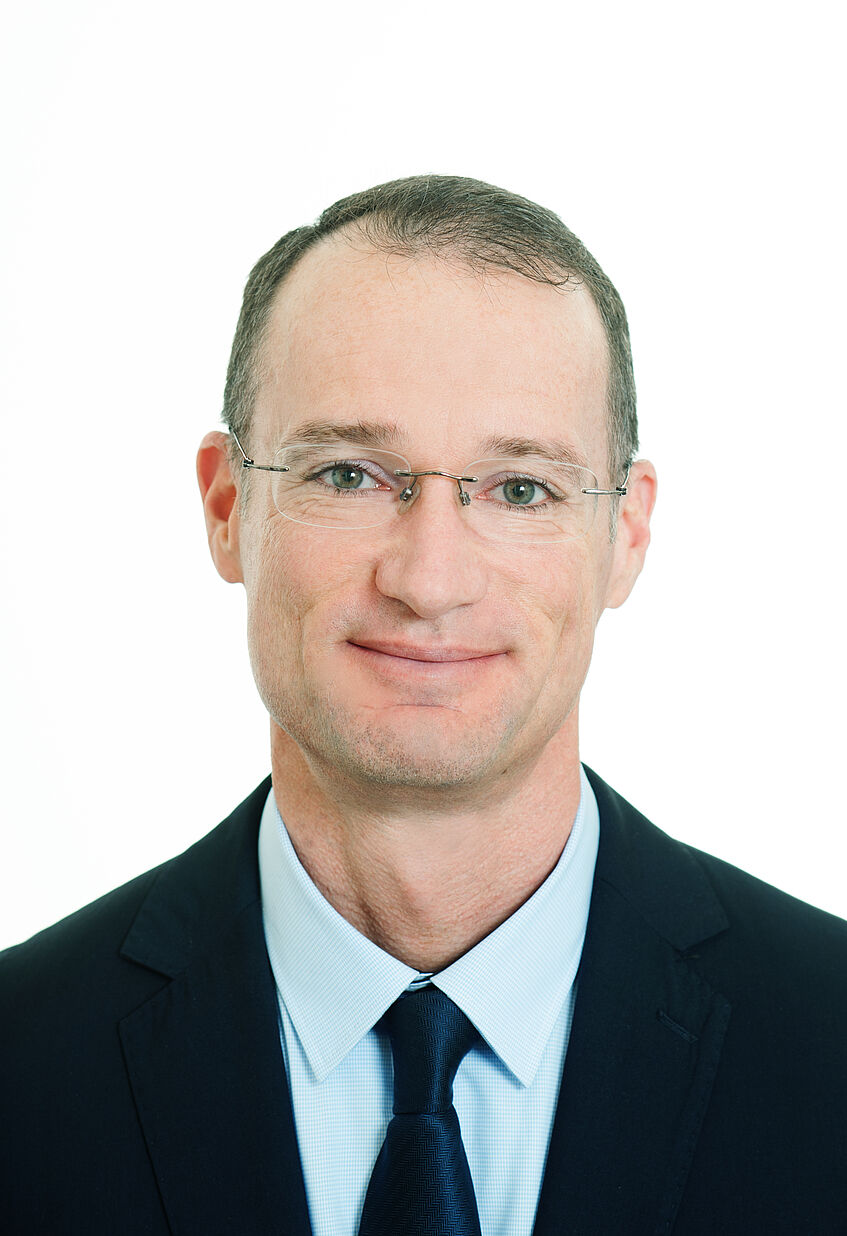
-
Mag. Dr. Sabine Piska-Schmidt
Mag. Dr. Sabine Piska-Schmidt
Federal Ministry for Arts, Culture, the Civil Service and Sport, Directorate General III – Civil Service and Administrative Innovation, Unit III/4/a – EU Jobs and Crossmentoring
Head of Unit EU Jobs and Crossmentoring -
ao.Univ.-Prof. i.R. Dr. Christoph Reinprecht
ao.Univ.-Prof. i.R. Dr. Christoph Reinprecht
Department of Sociology, University of Vienna"I am a professor of Sociology at the University of Vienna. My academic research interests focus on transformations of the social, in particular related to urban issues, migration and integration processes, social inequalities, and political sociology. In the master program I hold the courses "Structure and Change of European Societies" and "Research and Academic Methods". My teaching is driven by my understanding of academia: interdisciplinaire and multi-perspective, self-reflexive and critical. The sessions run interactive, based on common readings and the research results participants bring in on topics that had been developed collaboratively. As the scientific director of the program for more than 15 years now, I witness the lived interdisciplinary of the master program - in participants as well as lecturers - as one of our strengths in the program. The knowledge gained in our postgraduate program about the historic, economic, legal, political, and socio-cultural dimensions of European integration are in demand, now more than ever."
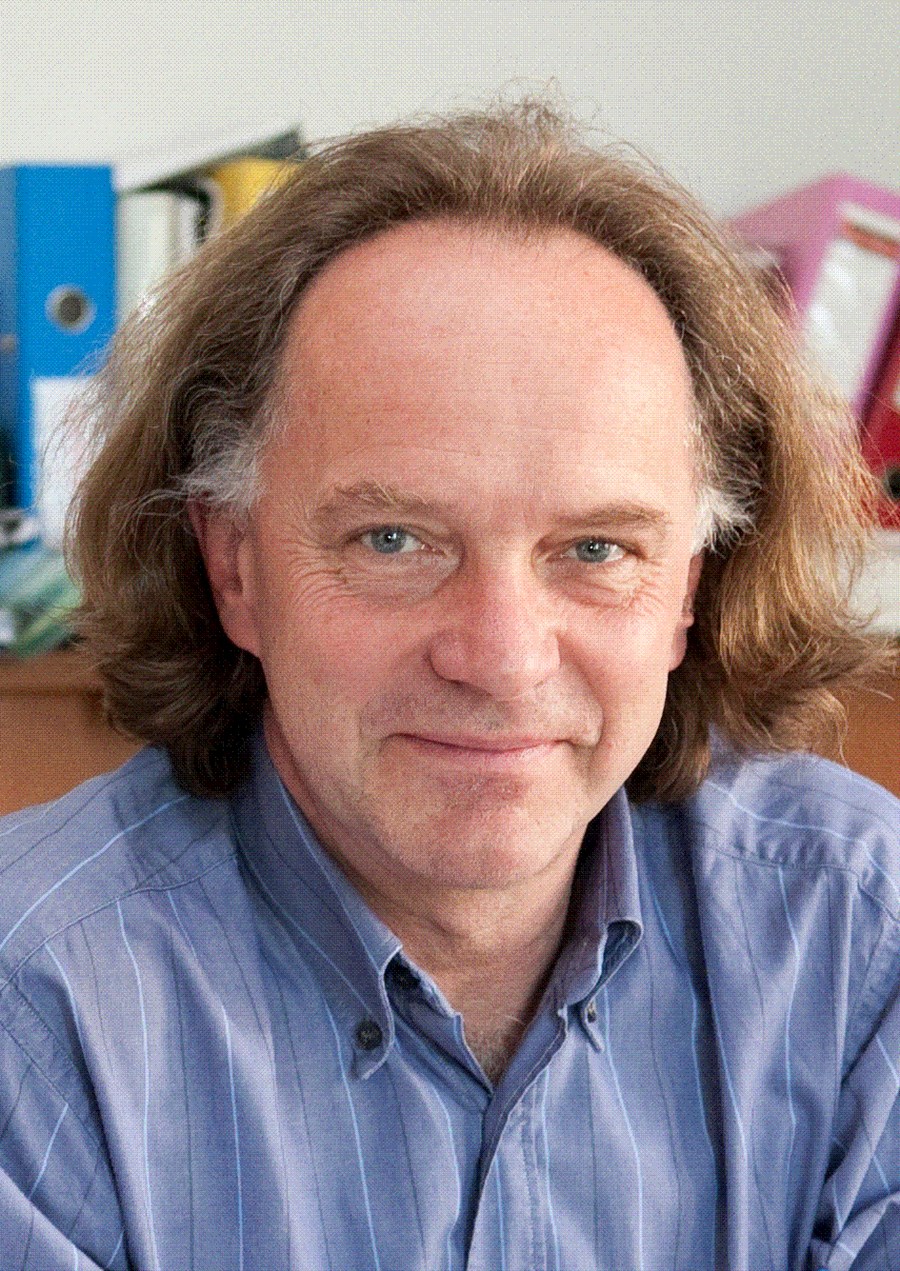
-
Dr. Moritz Röttinger, LL.M.eur. LL.M.can.
Dr. Moritz Röttinger, LL.M.eur. LL.M.can.
European Commission"I studied law at the University of Vienna, at the Ludwig-Maximilians University in Munich and at the Université Libre de Bruxelles. I obtained a doctorate in law, a certificate in German law, an LL.M. in European law and an LL.M. in canon law. I have specialised in European law, intellectual property law and canon law. After 3 years in law firms in Vienna, I have been working in the European Commission since 1990 in various positions mainly as legal and policy officer in the areas of the Single Market and enterprise policy. I have been managing the Your Europe Advice service for 13 years and the Single Market Scoreboard for about 4 years. I also worked as lobbyist for a European industry association for 3 years. I have published extensively in international law reviews on EU law and intellectual property law. Since 1992 I have been teaching EU institutional law at the University of Vienna. I teach about the organisation and working procedures of the EU Institutions and about topical questions of EU politics at the master program. In my courses you can expect hands-on and topical information about the EU Institutions from an insider. I look forward to teaching in the master program because I like passing on my insider information to the next generation and to have an active exchange of views with the students. In current discussions about Europe it is important to have a sound understanding about the organisation of the EU so that one can correctly interpret the various decisions taken on political level in the EU."
-
MMag. Dr. Peter Slominski, Privatdoz.
MMag. Dr. Peter Slominski, Privatdoz.
Department of Political Science, University of Vienna"My academic background is political science and law and I teach the course ‘Governance in the EU’ in the master program. Students can expect an overview of how EU and national institutions interact in the various policy-making modes and how these decisions are implemented. Knowledge of the inner workings of the EU’s political system are essential to work in a European environment. I love teaching in the master program because it provides the opportunity to discuss these important issues with students of diverse backgrounds. My academic background is political science and law and I teach the course ‘Governance in the EU’ in the master program. Students can expect an overview of how EU and national institutions interact in the various policy-making modes and how these decisions are implemented. Knowledge of the inner workings of the EU’s political system are essential to work in a European environment. I love teaching in the master program because it provides the opportunity to discuss these important issues with students of diverse backgrounds."
-
Mag. Daniel Spichtinger, M.A.
Mag. Daniel Spichtinger, M.A.
previously European Commission / self-employed"From 2012 to 2018 I was a member of the unit dealing with open science in the European Commission’s Directorate-General for Research and Innovation. Since then I have returned to Austria where I am working as an independent expert on EU research policy. I am also employed as Programme Manager Grants & Policy at the Ludwig Boltzmann Gesellschaft. I teach EU project development and EU careers at the master program. In my courses you can expect to learn why EU projects are important and how to develop them, and to get an overview of EU career possibilities. I look forward to teaching in the master program because EU projects are not a “Geheimwissenschaft“ – everyone can participate! In current discussions/ analyses about Europe it is important not to forge the many EU activities that are invisible to the public but provide concrete added value and impact.”
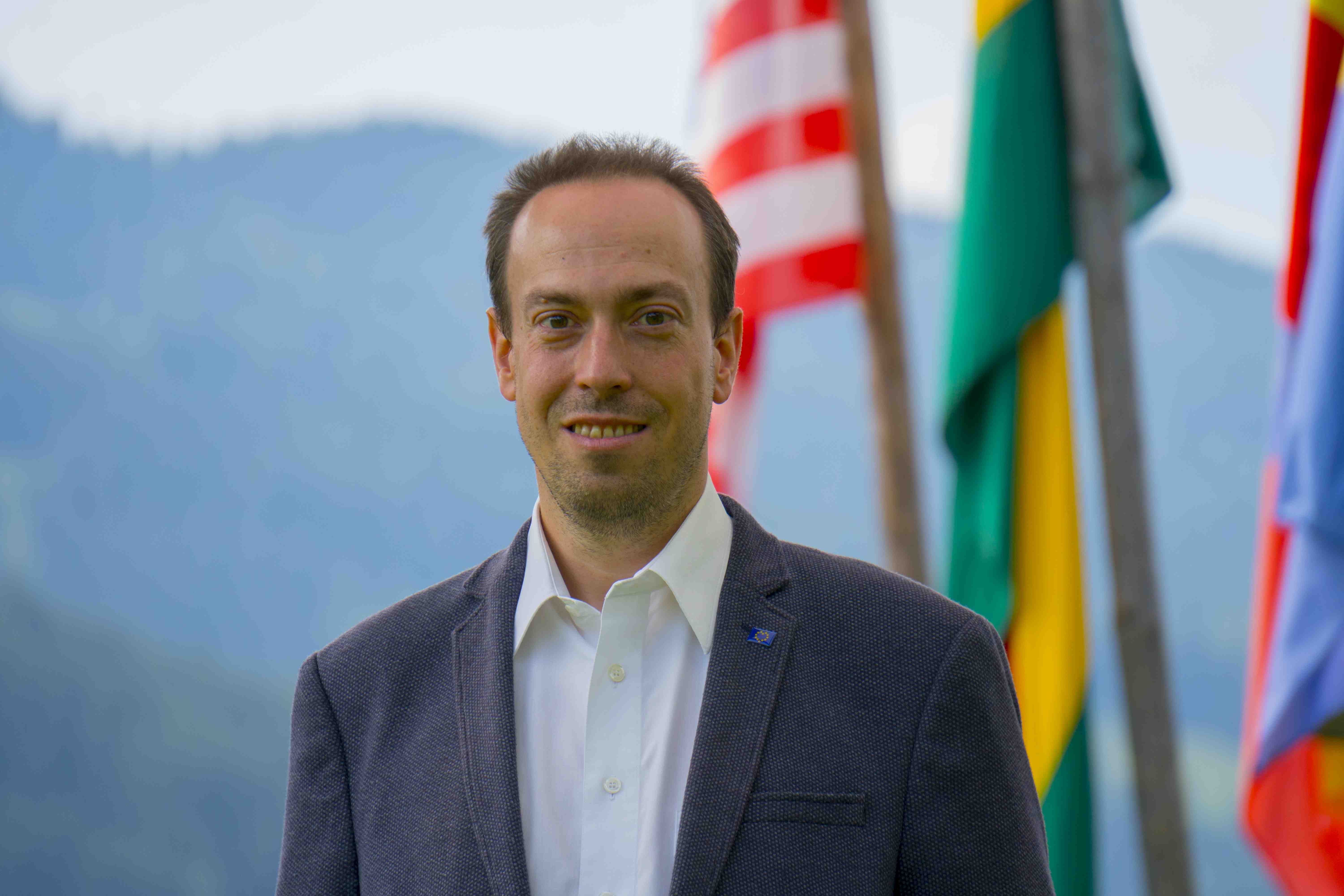
-
DI Rainer Svacinka
DI Rainer Svacinka
i.a. sumo Technologies GmbH"My academic/ professional background is Biotechnology, Research Project Management and Entrepreneurship. I teach Research Project Management at the master program. In my course you can expect practical insights on how to structure a research project from idea to a structured project plan and application and to controlled and successful project implementation. I look forward to teaching in the master program because in our professional daily life, we work with dedicated researchers and experts in interesting projects and we are looking forward to preparing the next generation of motivated experts for national and international strategic projects. In current discussions/ analyses about Europe it is important to strengthen our position in terms of values and expertise to being able to continue our importance and role in the future of an ever-(fast)-changing world."
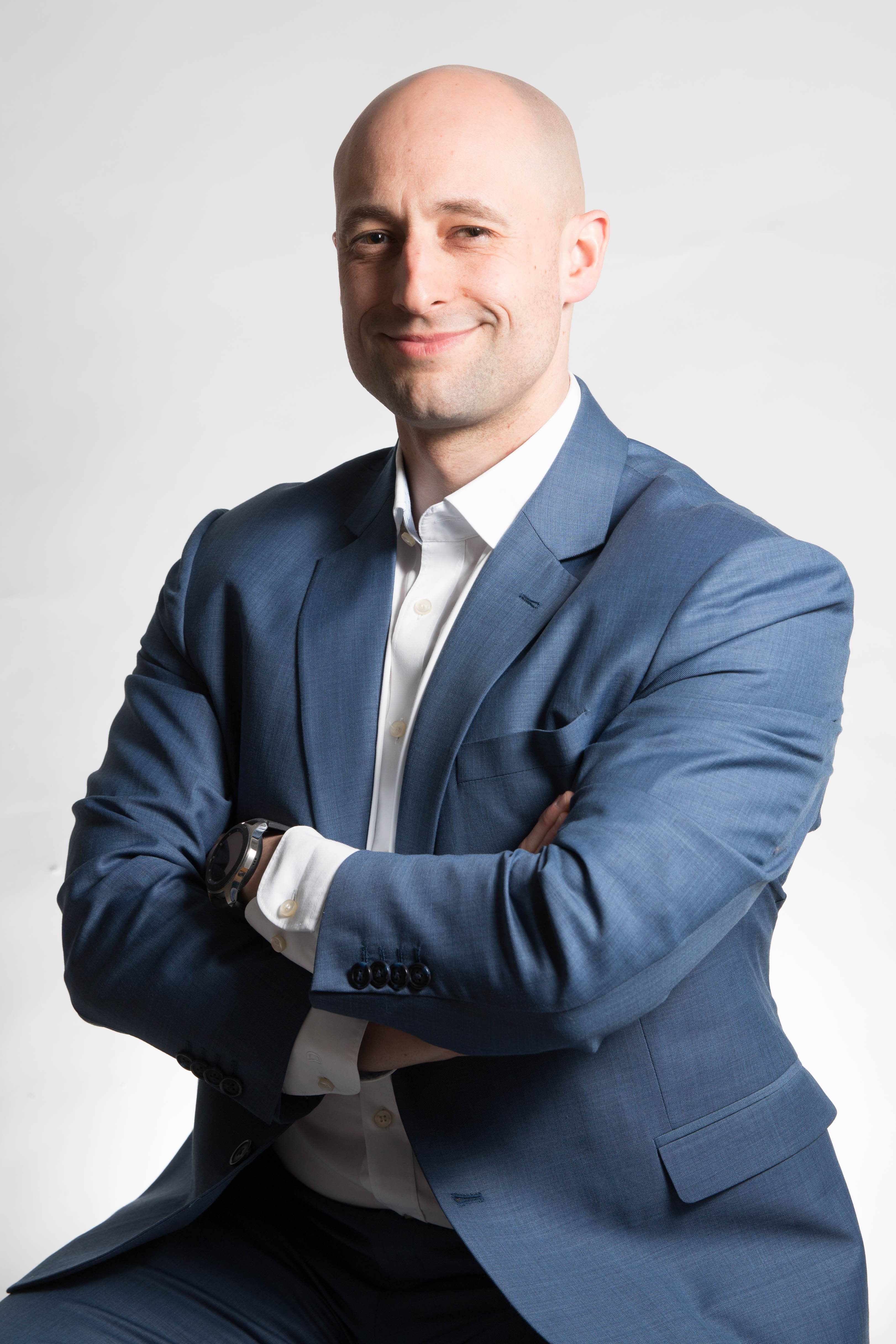
-
Univ.-Doz. DDr. Heinz Vetschera
Univ.-Doz. DDr. Heinz Vetschera
previously National Defence Academy/Institute for Strategy & Security Policy / now self-employed"My academic and professional background is with security studies at the Austrian National Defense Academy, but also with practical experience in international organizations and the Austrian Foreign Ministry. At the master program I teach European Security Policy – not just the security policy of the EU but the wider framework of security in Europe. In my course you can expect basics of security policy, challenges to European security and the responses by various security organizations – the Council of Europe, NATO, the EU and the OSCE. I look forward to teaching the topic because it has for too long been neglected and knowledge even of basics is generally minimal to non-existent, while the war in Ukraine has suddenly raised demand for knowledge. In current discussions on European security it is important to apply a broad, knowledge-based and fact-based approach and it is my intention to contribute to this aim with my lecture."
-
Mag. (FH) Andreas Wiesinger
Mag. (FH) Andreas Wiesinger
"I have an economic and technical background. For the last 10 years I work in research and innovation aviation, first for the European Commission in Belgium and since 2020 in Austria. Our vision is to make aviation sustainable and climate friendly. Together with my colleagues Daniel Spichtinger and Rainer Svacinka, we teach EU funding possibilities and EU projects at the master program. In our course you can expect to learn everything you need to become able to draft EU proposals. Firstly, you will gain an overview of the European funding landscape and thus deepen your understanding of the different EU instruments. In order to become acquainted to EU proposals, you will evaluate a previously submitted proposal. Finally, after choosing a topic, you will, in a group with your fellow students, draft an EU proposal. In the end you will receive a thorough feedback. I look forward to teaching in the master program because I do enjoy bringing my experience in European research closer to students. In current discussions about the EU, it is important to emphasise the collaboration of different sectors and Member States to strengthen our position in a changing world as we remain united in diversity."
